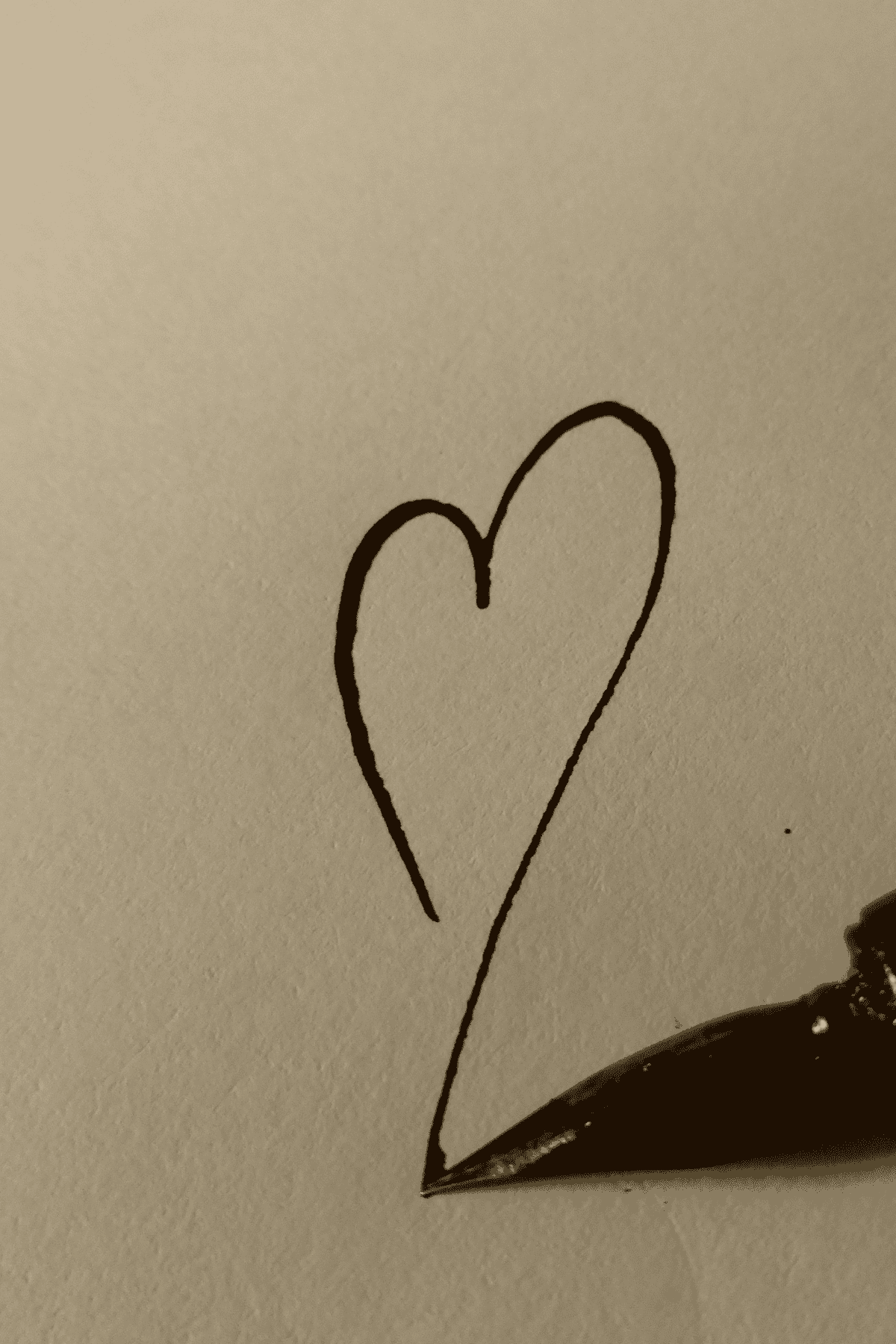Fairbanks’s empathetic, comprehensive reporting shines when she dispenses with tangents and tells it straight, providing insight into how ordinary people build lives in the aftermath of political upheaval. The story of Dipuo, a single mother who loves Danielle Steel novels and politics, who yearns for love and works to uplift her people and her community, is the most engaging. Dipuo has experienced the harshest realities of apartheid and the highs of having successfully fought for liberation. The modern-day Dipuo encompasses so much of the sorrow of post-apartheid South Africa: She gave her youth to the struggle, and yet she never receives the stable housing or employment for which she fought. Laid off from a job at an NGO, she stands, humiliated, in a bread line. When Dipuo is finally hired by a gleaming ad agency, her white colleagues dismiss her: A leader in the township, she is treated like a maid at the office. After a nervous breakdown, she decides to focus on healing her personal apartheid trauma, experimenting with regimens of spirituality and self-care.
Dipuo’s trauma is not only a result of having been wronged. She is haunted by actions she took as an anti-apartheid activist — actions that seemed righteous at the time. Christo, the lawyer, is also torn up by the past and unsettled by the present. Like many white South Africans the author meets, he seems astounded by the fact that Black South Africans have never meted out vengeance; in Fairbanks’s writing, white people like Christo justified their actions during apartheid by insisting that Black people would, if given the chance, violently destroy them. But nothing of the sort happened. One famous Afrikaner writer terms his luxurious life by the sea “unbearable.” As Fairbanks writes, “He just couldn’t forgive Black people for forgiving him.”
Through Christo, Fairbanks studies white South African anxieties. Though we know where Fairbanks’s sympathies lie, she affords Christo the full range of human experience, and studies the political and personal context of a life growing up in a profoundly racist society and his time as a drafted soldier. Committed to their opposing causes, both Christo and Dipuo missed out on many of the carefree pleasures of youth. And as they age, they mourn the loss of idealism but from very different places: Dipuo in her shack and Christo, his law office.
Dipuo’s daughter, Malaika, still has a chance. An outspoken intellectual, Malaika becomes well known over the course of the book. Foreign universities and development organizations invite her to speak at conferences (she saves her per diems to help Dipuo buy furniture). As she becomes more successful, she finds herself alienated from the place she was raised. In one scene, Malaika, who attends university, visits a childhood friend in Soweto. In a soap opera playing in the background, a Black lawyer argues that to make it in this world, one has to leave old traditions behind and stop distributing your wealth to your family. Malaika laughs contemptuously at such “white tendencies,” but her friend doesn’t understand what’s so funny: the mother of a baby, living in the township, she craves the glittering world on the TV. But like so many young Black South Africans, she will not have the opportunity to pursue it. It’s easier to stand behind your principles, Malaika realizes, when you have options. She reflects on her burgeoning identity: Even in a country shaped by apartheid, she can now count herself lucky. What, then, are her responsibilities? What is she owed — and what does she owe?












